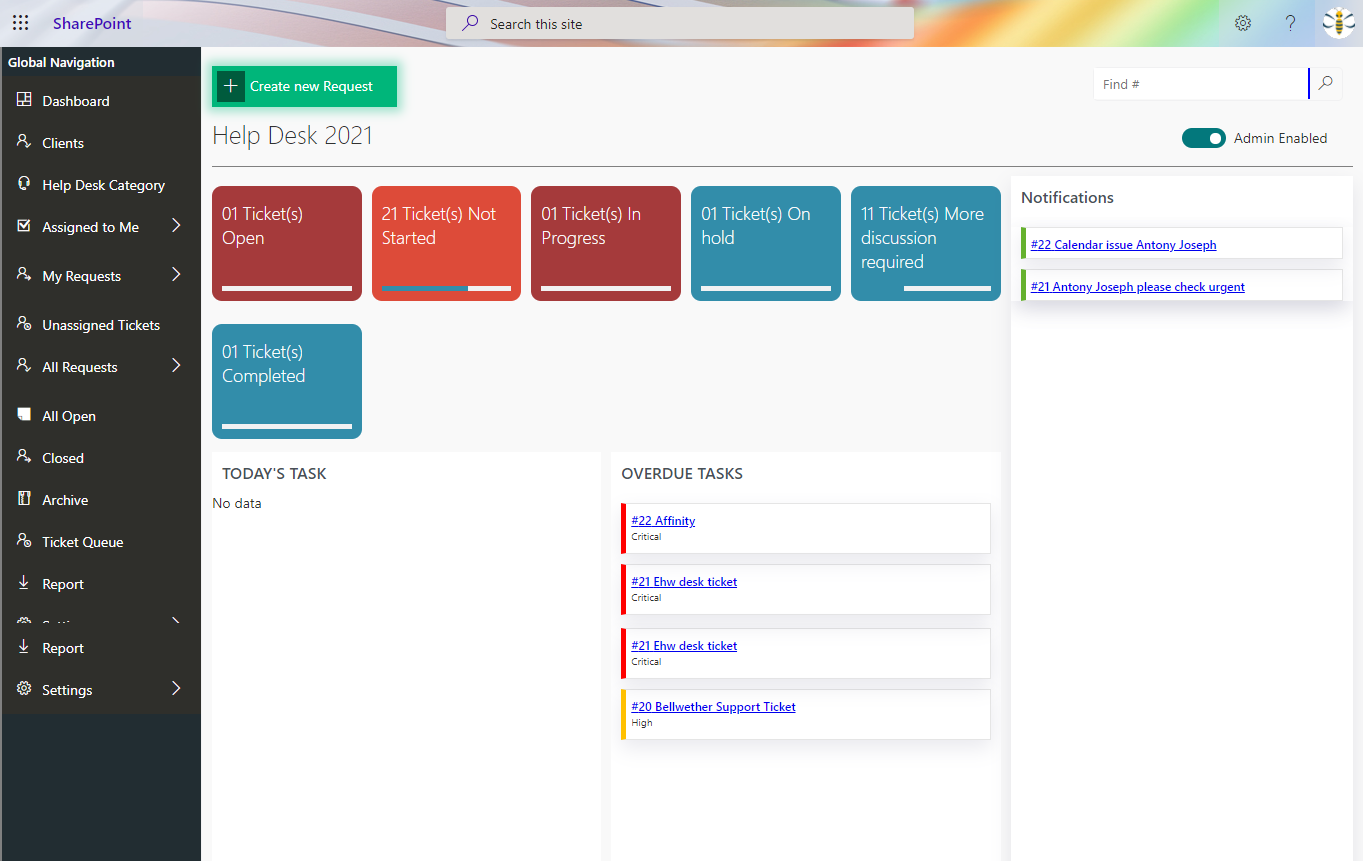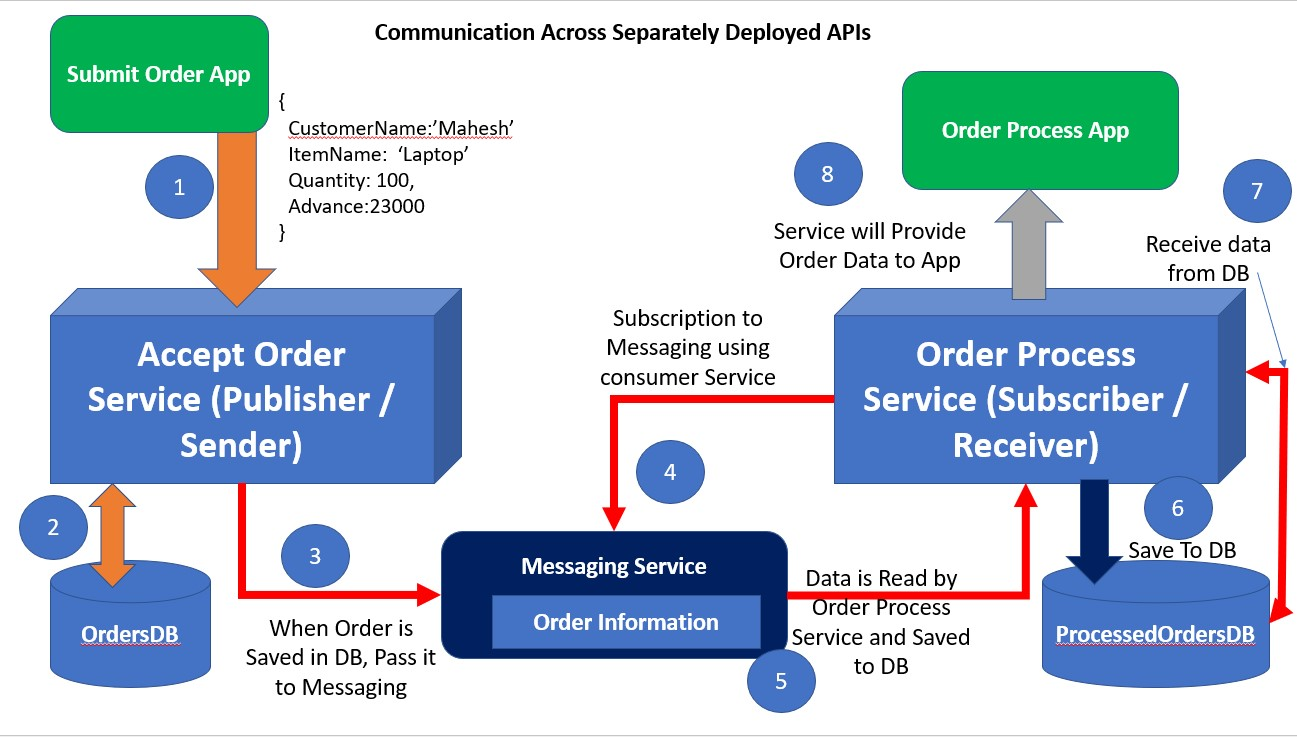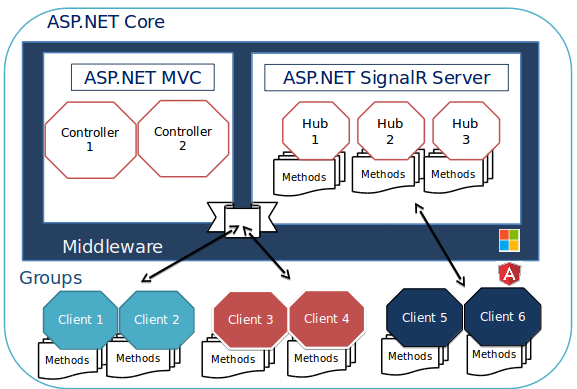What Is Cybersecurity? (And How to Get Started in the Field)
- Generative AI
- November 05, 2024
-
What Is Cybersecurity? (And How to Get Started in the Field)

What Is Cybersecurity?
Cybersecurity, also referred to as information technology security, focuses on protecting computer systems, networks, and data from theft, damage, or unauthorized access. In today’s interconnected world, cyber threats can come from various sources, including hackers, malicious software, and even disgruntled employees. The primary goal of cybersecurity is to ensure the confidentiality, integrity, and availability of data.
Types of Cybersecurity
There are several types of cybersecurity, each addressing specific threats and vulnerabilities:
· Network security: This involves measures to protect the integrity, confidentiality, and availability of data as it is transmitted across or accessed from networks. Techniques include firewalls, intrusion detection systems, and VPNs.
· Information security: This focuses on protecting data from unauthorized access, ensuring its confidentiality, integrity, and availability (otherwise known as the “CIA triad”). Protection measures employ both digital methods like cryptography and non-digital methods like the physical security of data centres and server rooms.
· Endpoint security: This concentrates on securing endpoints or “end-user” devices like computers, mobile devices, and laptops. Tools used include antivirus and antimalware software.
· Cloud security: This area focuses on protecting data stored in cloud-based systems, which are increasingly relied upon by businesses and individuals.
· Application security: This ensures that software applications are secure from threats. It includes the use of software, hardware, and procedural methods to protect applications from external threats.
· Identity and access management (IAM): This ensures that only authorized individuals can access certain resources, using tools like multi-factor authentication.
Careers in Cybersecurity
The field of cybersecurity offers a wealth of employment opportunities, each requiring unique skills and challenges. Jobs in cybersecurity include:
Cybersecurity analyst: A cybersecurity analyst is responsible for monitoring and protecting an organization’s computer systems and networks from cyber threats. They employ a blend of technical and analytical skills to detect vulnerabilities, respond to breaches, and implement protective measures.
Security Architect: A security architect designs and creates the framework and structures needed to protect an organization’s computer systems and networks. They are responsible for developing complex security infrastructures and ensuring that they can adapt to the evolving threat landscape.
Incident responder: An incident responder is tasked with swiftly addressing and managing security breaches or cyber-attacks within an organization. Their primary role is to contain the incident, minimize damage, recover compromised data, and determine the cause of the breach. This often involves coordinating with various teams, analysing the nature of the intrusion, and implementing strategies to prevent future occurrences.
Forensic computer analyst: A forensic computer analyst investigates digital crimes by retrieving, analysing, and preserving electronic evidence from computer systems, storage devices, and networks. Their expertise aids in uncovering the specifics of a cyber-incident, tracing the origins of malicious activities, and providing crucial evidence that can be used in legal proceedings or to enhance security measures.
How to Get Started in Cybersecurity
For those keen to embark on a career in cybersecurity, here are some helpful starting points to consider:
Educational background: Your pathway can be through a variety of educational channels, but if you are not a degree holder, you are not out of luck! Degrees in computer science or related fields are not always required, and you can get started in the field of cybersecurity through training and employment programs.
Certifications: Earning certifications can boost your credibility in the field. Popular ones include Certified Information Systems Security Professional (CISSP), Certified Ethical Hacker (CEH), and CompTIA Security+.
Hands-on experience: Practical experience is invaluable. Consider internships or volunteering opportunities if you’re able, or consider entry-level positions in relevant roles that can help you gain experience and transferable skills.
Networking: Join cybersecurity forums, attend conferences, or pursue other opportunities that allow you to connect with professionals in the field. Building a strong network can open doors to job opportunities, mentorships, and more.
Stay updated: The cybersecurity landscape is always changing. Regularly update your knowledge by following industry news and blogs or participating in webinars. There are many free online resources that can help you learn and grow, from news sites to YouTube to educational apps.
Specialise: As you gain experience, consider specializing in a particular area of cybersecurity that interests you the most. This can help you hone in on your career goals.
Emerging Trends in Cybersecurity: As technology continues to evolve, so too do cyber threats. Stay informed about emerging trends in cybersecurity, such as artificial intelligence-driven threat detection and zero-trust architecture. With the proliferation of Internet-connected devices in the Internet of Things (IoT), securing these endpoints becomes increasingly important to prevent potential breaches.
Cybersecurity in the Future: Looking ahead, the future of cybersecurity presents both challenges and opportunities. With the rapid pace of technological advancement, cyber threats will continue to evolve, requiring cybersecurity professionals to adapt and innovate. By embracing a proactive approach to cybersecurity and leveraging cutting-edge technologies, organizations can stay one step ahead of cybercriminals and protect their digital assets effectively.

In conclusion, cybersecurity is not merely a concern for IT professionals – it's a shared responsibility that requires proactive action from individuals and organizations alike. By understanding cyber threats, adopting best practices, and staying informed about emerging trends, you can safeguard your digital assets and mitigate the risk of cyber-attacks. Remember, the best defence against cyber threats is a proactive and vigilant approach to cybersecurity. Cybersecurity offers a myriad of opportunities for those interested in protecting the digital realm.
Start Your Data Journey Today With MSAInfotech
Take the first step towards data-led growth by partnering with MSA Infotech. Whether you seek tailored solutions or expert consultation, we are here to help you harness the power of data for your business. Contact us today and let’s embark on this transformative data adventure together. Get a free consultation today!

We utilize data to transform ourselves, our clients, and the world.

Partnership with leading data platforms and certified talents






